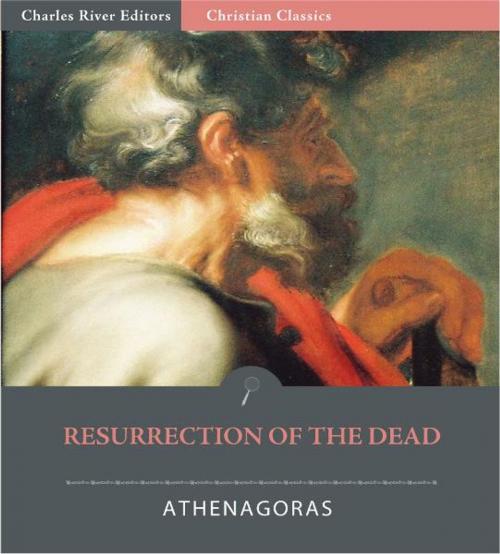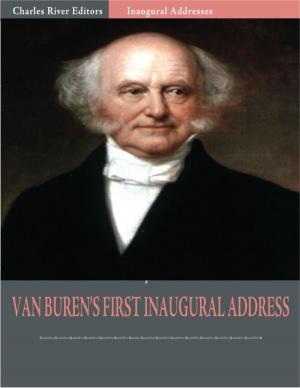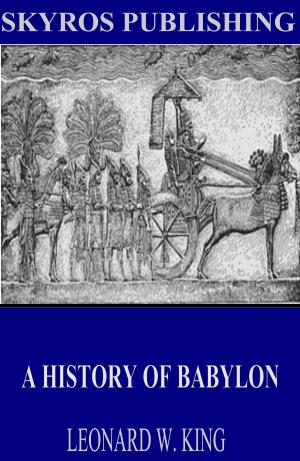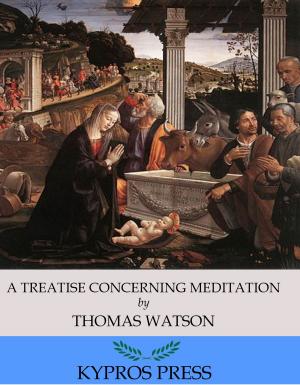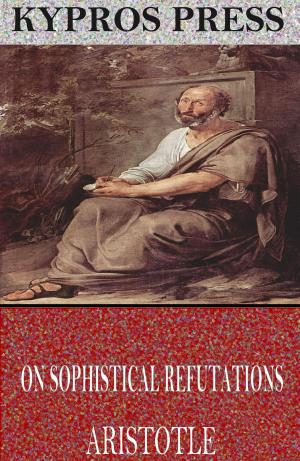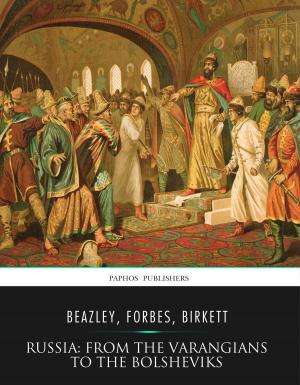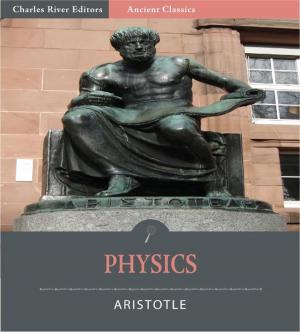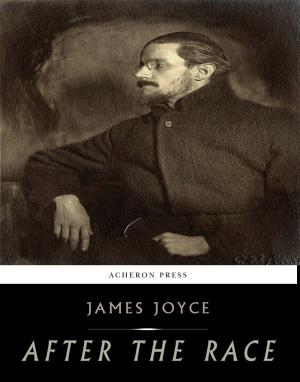| Author: | Athenagoras | ISBN: | 9781619821187 |
| Publisher: | Charles River Editors | Publication: | January 16, 2012 |
| Imprint: | Language: | English |
| Author: | Athenagoras |
| ISBN: | 9781619821187 |
| Publisher: | Charles River Editors |
| Publication: | January 16, 2012 |
| Imprint: | |
| Language: | English |
Athenagoras (circa 133 190) was a Father of the Church, a Proto-orthodox Christian apologist who lived during the second half of the 2nd century of whom little is known for certain, besides that he was Athenian (though possibly not originally from Athens), a philosopher, and a convert to Christianity. In his writings he styles himself as "Athenagoras, the Athenian, Philosopher, and Christian". There is some evidence that he was a Platonist before his conversion, but this is not certain. The treatise on the Resurrection of the Dead, the first complete exposition of the doctrine in Christian literature, was written later than the Apology, to which it may be considered as an appendix. The writer brings to the defence of the doctrine the best that contemporary philosophy could adduce. After meeting the objections common to his time, he seeks to prove the possibility of a resurrection in view either of the power of the Creator, or of the nature of our bodies. To exercise such powers is neither unworthy of God nor unjust to other creatures. He argues that the nature and end of man demand a perpetuation of the life of body and soul. There are reasons to think that De resurrectione is not by Athenagoras but by some 4th-centrury author, e.g. the use of at least one term (γαλματοφορέω) coined by Philo of Alexandria and not widely known before the time of Origen. This edition of Resurrection of the Dead is specially formatted with a Table of Contents.
Athenagoras (circa 133 190) was a Father of the Church, a Proto-orthodox Christian apologist who lived during the second half of the 2nd century of whom little is known for certain, besides that he was Athenian (though possibly not originally from Athens), a philosopher, and a convert to Christianity. In his writings he styles himself as "Athenagoras, the Athenian, Philosopher, and Christian". There is some evidence that he was a Platonist before his conversion, but this is not certain. The treatise on the Resurrection of the Dead, the first complete exposition of the doctrine in Christian literature, was written later than the Apology, to which it may be considered as an appendix. The writer brings to the defence of the doctrine the best that contemporary philosophy could adduce. After meeting the objections common to his time, he seeks to prove the possibility of a resurrection in view either of the power of the Creator, or of the nature of our bodies. To exercise such powers is neither unworthy of God nor unjust to other creatures. He argues that the nature and end of man demand a perpetuation of the life of body and soul. There are reasons to think that De resurrectione is not by Athenagoras but by some 4th-centrury author, e.g. the use of at least one term (γαλματοφορέω) coined by Philo of Alexandria and not widely known before the time of Origen. This edition of Resurrection of the Dead is specially formatted with a Table of Contents.
